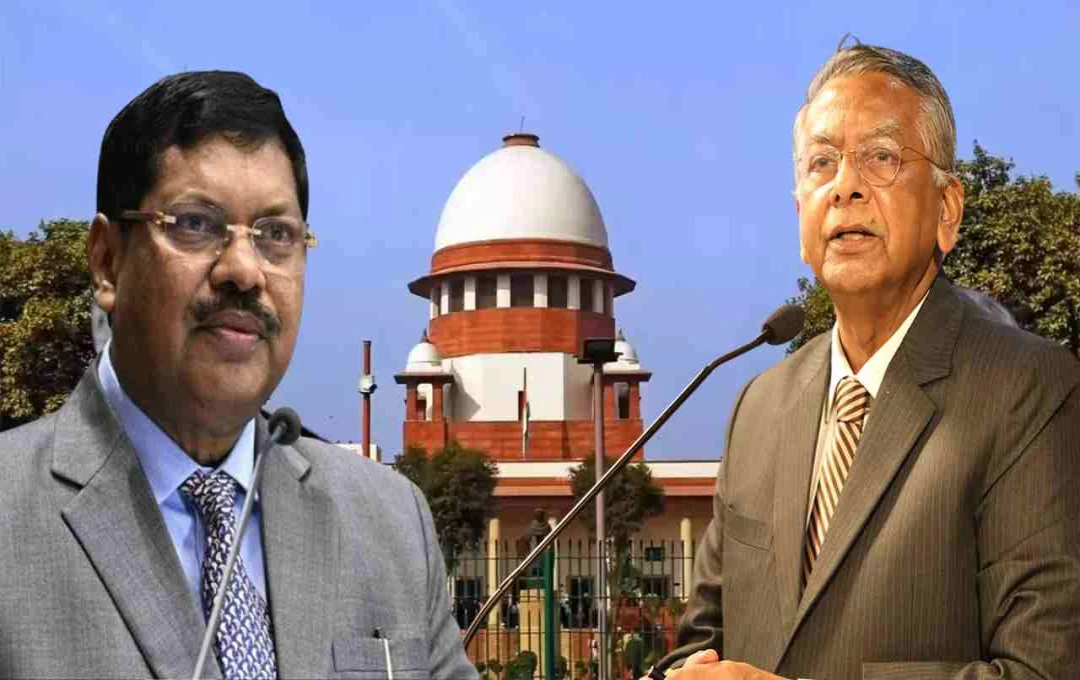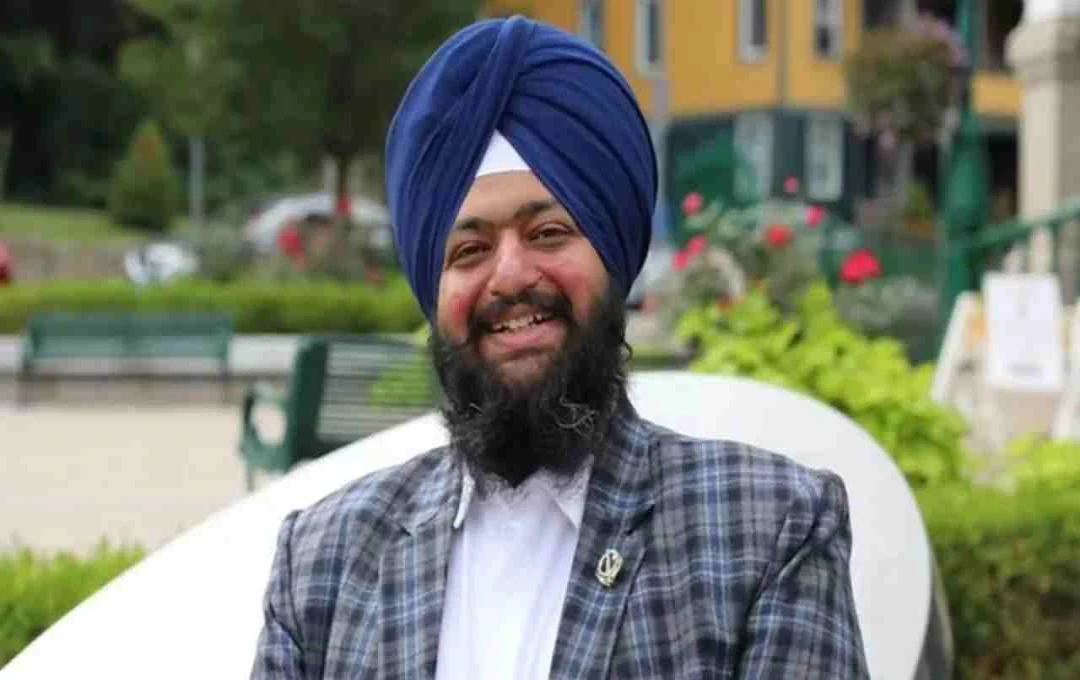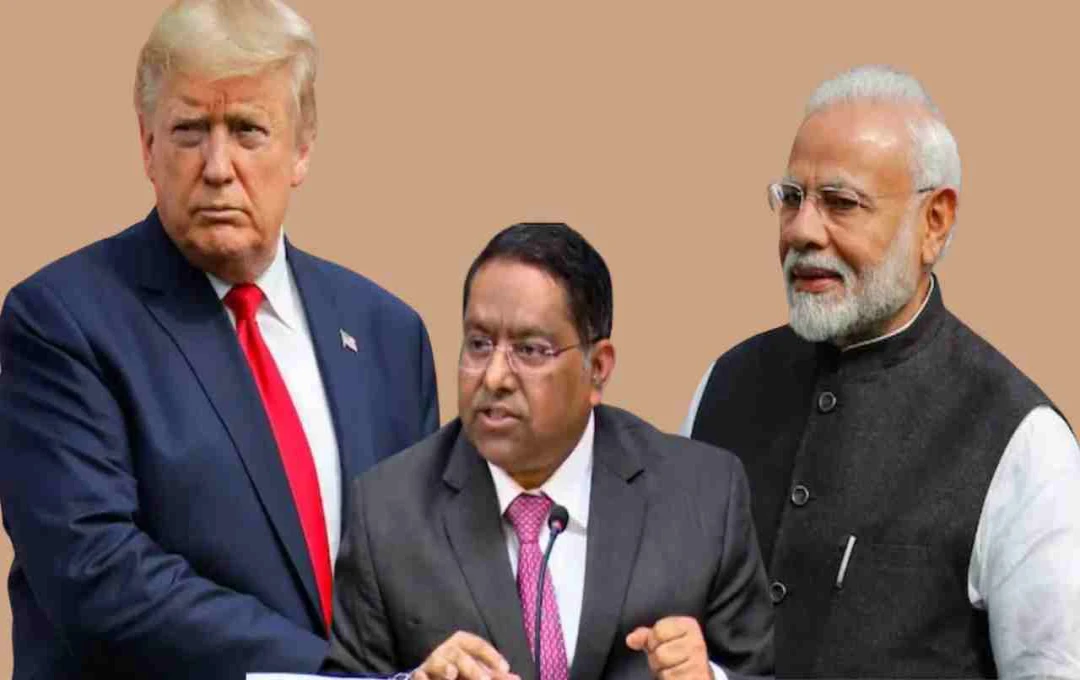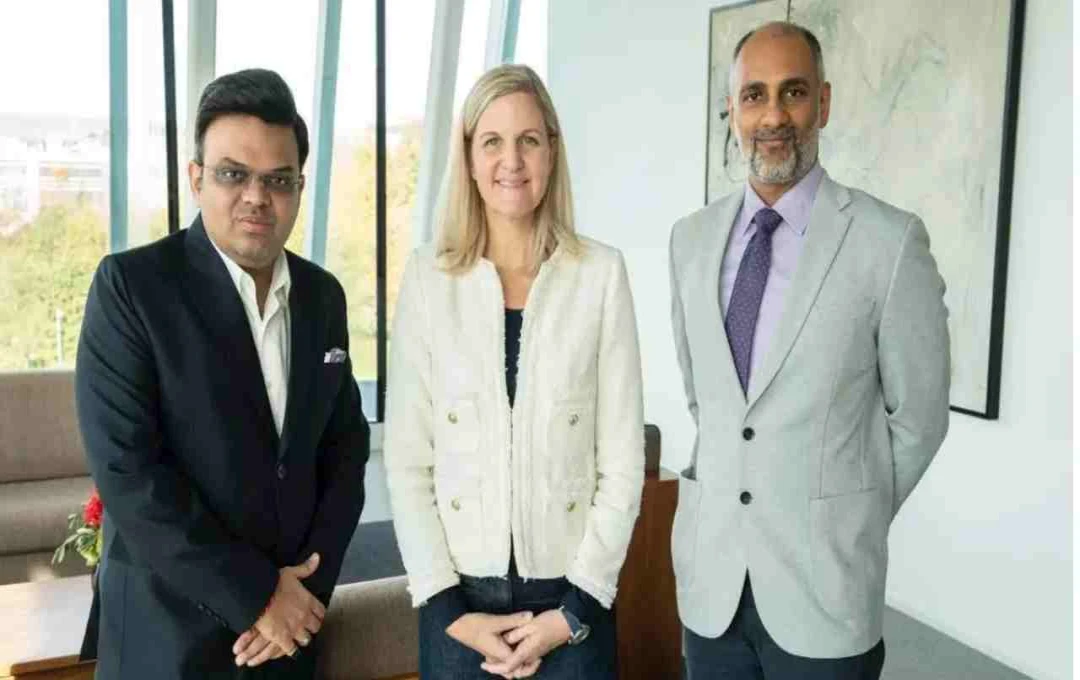The Supreme Court recently expressed displeasure during a hearing on the validity of the Tribunal Reforms Act, 2021, following which Attorney General R. Venkataramani has apologized to the court.
New Delhi: The Supreme Court recently expressed displeasure over the request to refer the case to a five-judge bench during the hearing of petitions challenging the constitutional validity of the Central Government's Tribunal Reforms Act. In response, Attorney General R. Venkataramani apologized to the court on Friday.
The Attorney General informed the Supreme Court that he regretted the inconvenience caused to the court and would personally appear on Monday to present his arguments on the validity of the Tribunal Reforms Act. He also assured that the government would consider the petitioners' concerns and make necessary amendments if possible.
What is the matter?
The Supreme Court was hearing petitions challenging the validity of the Tribunal Reforms Act. The petitioners sought to refer the matter to a five-judge bench. The Court expressed its displeasure and stated that no further adjournments would be accepted in the hearing. Following this incident, Attorney General R. Venkataramani apologized to the Supreme Court on Friday. He stated:
'I express my regret for the inconvenience caused to the court. On Monday, I will personally appear to present my arguments on the validity of the Tribunal Reforms Act.'
He also clarified that the government would consider the petitioners' concerns and improvements would be made to the Tribunal Act if possible.
What did CJI B. R. Gavai say?
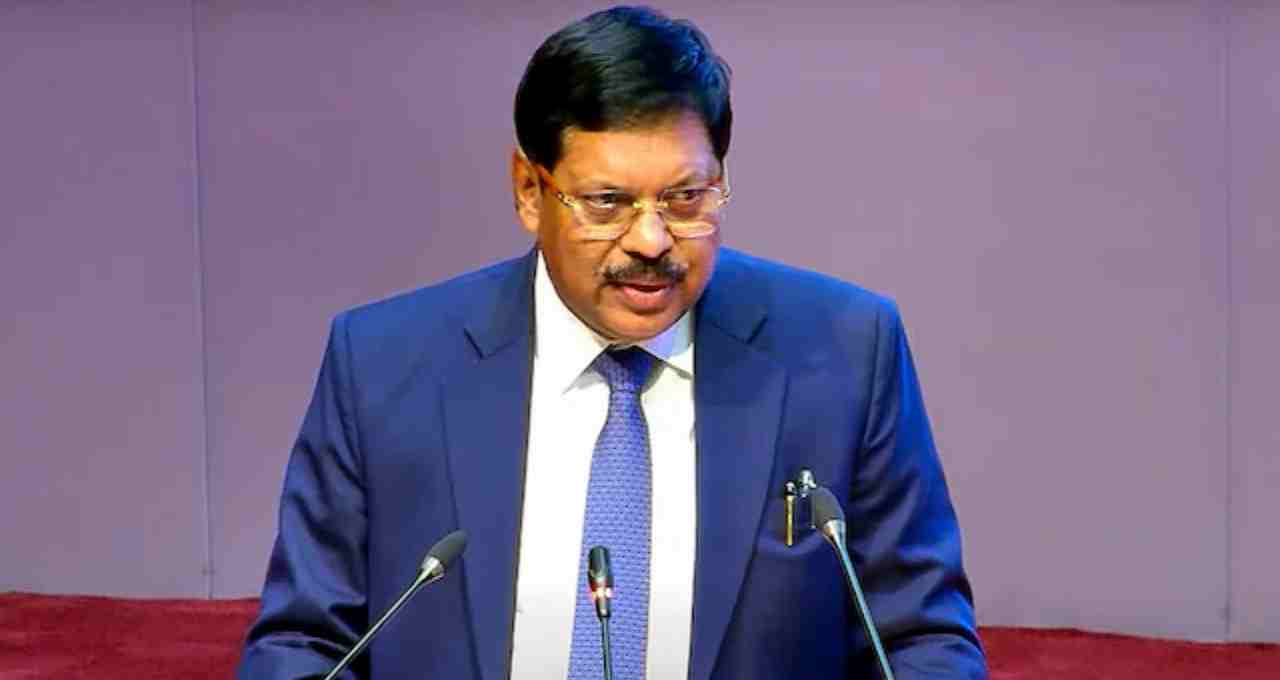
The bench of Chief Justice B. R. Gavai and Justice K. Vinod Chandran told Additional Solicitor General Aishwarya Bhati that they would accept the request for the Attorney General's absence and that she could present her arguments on Monday. The CJI clarified that no further requests for adjournment would be accepted. 'On Monday, either you cancel your other engagements or entrust the matter to Bhati,' he stated.
The Tribunal Reforms Act stipulates a uniform four-year tenure for members and chairpersons of various tribunals such as NCLT, NCLAT, CAT, CESTAT, APTEL, TDSAT, ITAT, and DRT. The petitioners' main grievance was that due to the very short tenure, young talent does not join the tribunals, and only retired senior officials apply for these positions. This raises questions about the efficiency and judicial independence of the tribunals.
Viewpoint of Lawyers and Experts
Senior advocate Arvind stated, 'If the renewal of tenure depends on the government, it will affect the independence of the tribunals. A b and independent tribunal system is necessary.' Chief Justice Gavai agreed with this viewpoint and asked, 'If the members and chairpersons of tribunals are dependent on the government for the renewal of their tenure, will this not affect the independence of the tribunals' judicial function?'"
The Attorney General stated that the government would consider the petitioners' concerns. If necessary, improvements would be made to the Tribunal Act. This would make the tenure, judicial independence, and appointment process of tribunals more transparent and effective.
